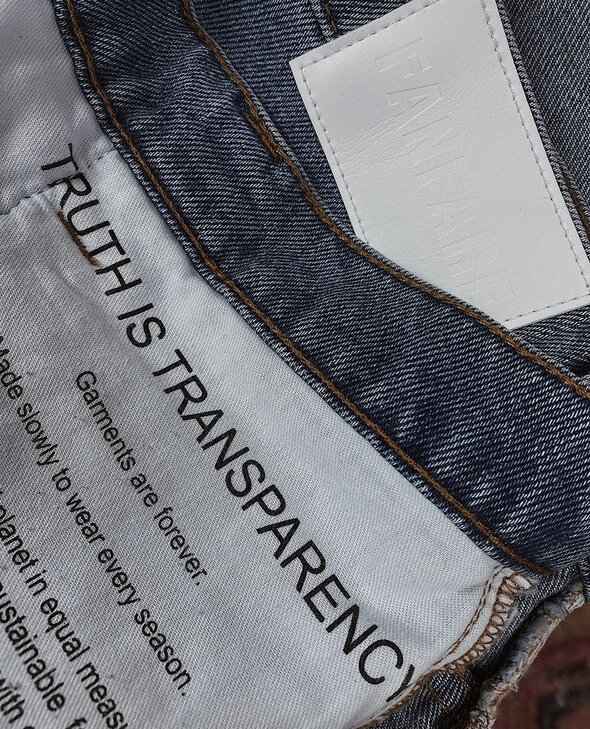Hey fashion, it’s time for a new look!
With fashion increasingly coming under scrutiny for its environmental impact and ethical practices, transparency and traceability are essential. Enter Digital Product Passports (DPPs), your fashion garment’s must-have accessory. The concept is simple: digital product passports give you the 411 on everything you need to know about a fashion product’s sustainability stats; a comprehensive digital record covering everything from farm to factory and its full lifecycle journey. For fashion managers, understanding and implementing DPPs can not only help you be compliant but can also provide opportunities to enhance your brand experience.
How do digital product passports work?
Hint: it’s all about data
We won’t bore you with too many technical details, but here are some key terms you might need to know:
1. Blockchain technology - ensures the data is secure, immutable, and easily verifiable. Data points are stored in blocks, linked together in a chain of data that cannot be altered without impacting the entire chain.
2. Internet of Things (IoT) - IoT devices track the movement and conditions of products throughout the supply chain.
3. QR codes / RFID Tags / NFC Tags - instantly access your garment’s DPP with just a tap or scan! TIP: Consider tags that can detect water, withstand heat, dust, pressure, long term wear, and won’t get cut out by consumers (e.g. on care labels).
4. Cloud Computing - offers scalable, efficient data storage and processing, ensuring the info is always accessible
Potential challenges of implementing Digital Product Passports
While the benefits of Digital Product Passports are clear, implementing them can present several challenges, all of which could be potential barriers to compliance for your brand:
1. Consumer Education and Engagement - Even with DPPs in place, educating consumers on how to access and interpret the information can be challenging. Without proper engagement, the potential benefits of transparency might not be fully realised.
2. Technological infrastructure - from blockchain data security to cloud computing for data storage, implementing DPPs requires a solid technological infrastructure for which many fashion brands may lack the in-house expertise or resources to develop.
3. Regulatory compliance and standards - keeping up with the regulatory landscape in real-time can be challenging, with reporting and transparency requirements varying from region to region.
Leveraging CircKit for green claims compliance
CircKit can be a valuable ally in substantiating your green claims. By offering true visibility into the impact of your products, CircKit can automatically generate and compare Life Cycle Assessments (LCAs) for your products, demonstrating your environmental impact improvements season-to-season.
What’s more, with CircKit Publish, you can shout about your sustainability stats with full confidence across your sales channels using Green Claims-compliant widgets and plugins to show consumers all the positive changes you’ve made as a brand! It’s all about progress over perfection.
The EU’s Green Claims Directive is a game-changer for the fashion industry, pushing for transparency and genuine sustainability. By understanding and complying with this directive, fashion marketers can not only do their part in staying ahead of legislation but can also contribute to building a stronger, more trusted brand in an increasingly eco-conscious market. Embracing these changes not just as a regulatory necessity but as an opportunity to lead the charge toward a more sustainable future in fashion, is the key.



